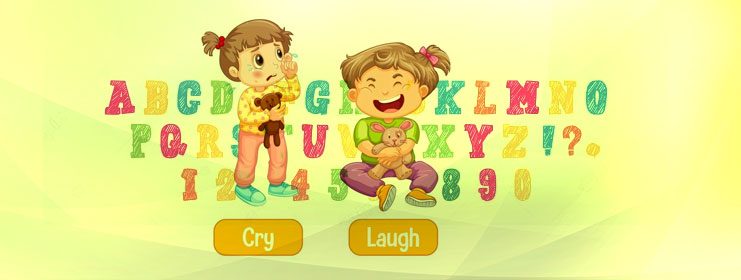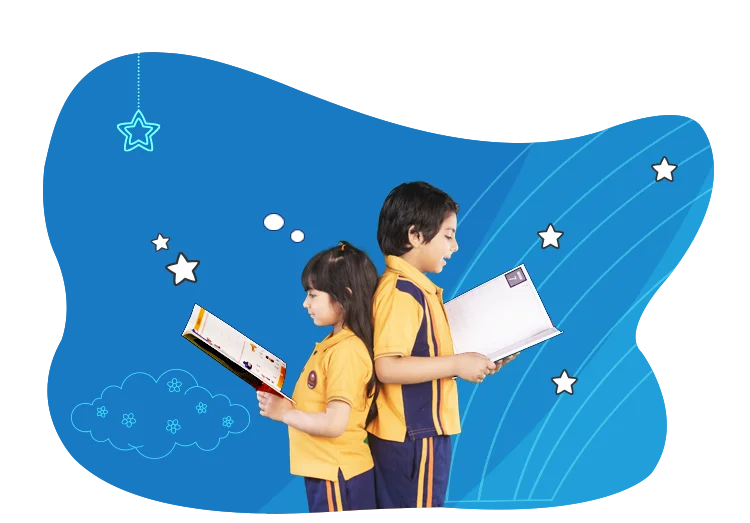Ways to Improve The Vocabulary of Your Kid

We all are aware that fostering creativity is one of the greatest challenges faced by most people. Creativity in students blooms when the teachers create an ecosystem for creativity that can frequently spill over to their homes and future lives. Parents can try and be aware of the tips and tricks, and games and activities that help in improving the vocabulary of the kids using creativity and innovative tools.
As a parent, you should always keep searching for creative ways to improve your students’ vocabulary. Here are some of them for you.
Vocabulary Exercises
It is one of the best strategies that are used by most parents and teachers across the world. Ask kids to find the vocabulary words they study in class and in the books they read. You will see, this would be a great push for all of them to start reading more in their leisure time. They will end up getting exposed to a lot of words.
The vocabulary exercise is a unique example of a simple yet innovative strategy that parents can apply for their kids to make learning fun, especially for a long-term exercise such as building kids’ vocabulary. The idea behind this is to make kids read more so they can be introduced to new words and naturally learn their usage and the context they generally occur in.
As we know, developing vocabulary requires memorizing their spellings, conjugations, and pronunciations. It also involves the understanding of their usage in different contexts, especially for some words that have more than one meaning. All of these aspects of vocabulary development demand a combination of rote learning and understanding the meanings of words.
Use Flashcards
Flashcards can turn out to be a very effective tool to master the rote-learning aspect of words and ensure that they stick in your kids’ memory. Parents can use flashcards for organizing quizzes for the kids. This is just one out of many examples in which flashcards can be used. Flashcards have multiple applications, and there are several flashcard apps available online as well.
Teach Correct Pronunciations
Teachers and parents often complain that pronunciation is one of the toughest skills to get their students enthusiastic about. Students are introduced to new words not only in their language class but also in other classes such as science, social studies, and mathematics as they read their textbooks. But the subject teachers don’t always teach the correct way to say a word or the technical jargon, and often, these pronunciation errors get carried into students’ adult lives. Therefore, it is crucial to inculcate in them the habit of learning the correct pronunciation along with the meaning and usage of the word, so they become self-sufficient learners as they grow.
One of the key tricks to tell the students about English is that it is not a phonetic language, that is to say, English words are not always pronounced the way they are spelt. You may teach this by giving examples of the same alphabet that gives different sounds. For example, the letter “e” is used to denote different sounds in “egg”, “he”, and “item”.
Buy some mnemonic tools
With visually appealing word maps and pronunciation guides helping students in learning and memorizing most words, some tough ones require an additional memory aid. Mnemonics are very helpful and handy here. Any memory tool that we use to help us remember difficult concepts is a mnemonic. For example, “VIBGYOR” is a common acronym used to remember the colors of the rainbow, Violet, Indigo, Blue, Green, Yellow, Orange, and Red.
Memorizing difficult words by coming up with mnemonics can be a great class activity. Creating a virtual mental picture like this to associate the words with their meaning can help your kids memorize the word better. Once the kids make their mnemonics for the assigned words, ask them to share them with you and have fun embellishing their mnemonic stories.
Make them learn some root words, prefixes, and suffixes
Knowing root words, prefixes, and suffixes can vastly improve your kids’ vocabulary. It is because the combination of these few words can form many more words, and learning the meanings of these few words can give your kids an idea about the meanings of others. For example, learning the meaning of the root word “bene” which means “good” can give your students a hint about the meanings of benediction, benefactor, beneficent, beneficial, benefit, benevolent, and many more. All of these words have varying meanings that are related to “good”.
After teaching your kids a few root words, prefixes, and suffixes, assign them some root words, prefixes, and suffixes and ask them to list as many words as they can for each of these words.



